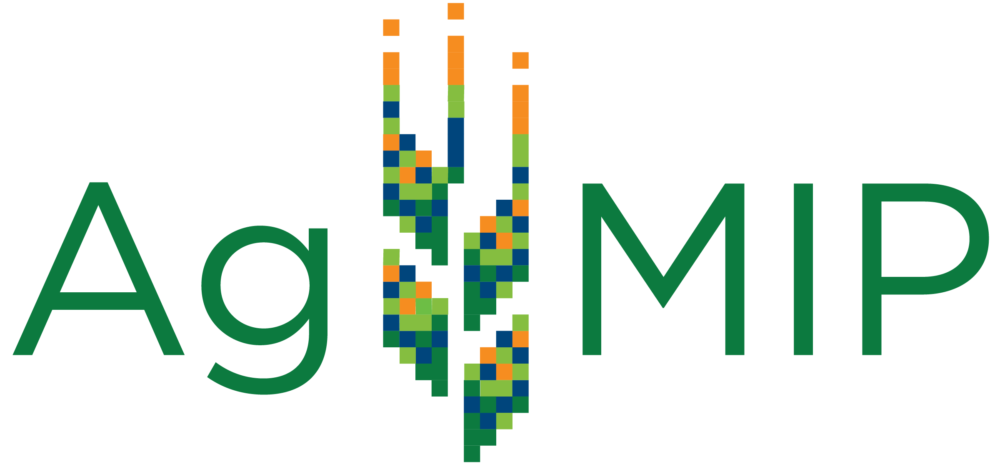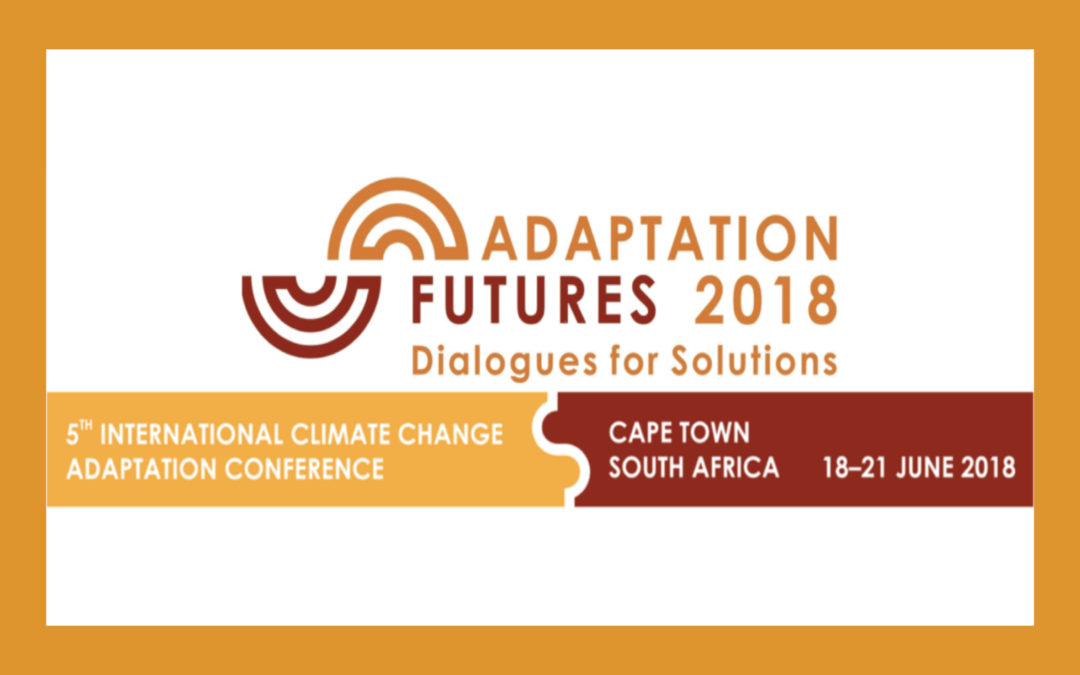With major support from UK DFID, AgMIP has developed new methods by which regional researchers and stakeholders co-assess likely impacts to agriculture, thereby enhancing the capacity of national planners to prioritize better performing adaptation pathways for managing current and future climate stresses. In Mozambique and Ethiopia, the WHO and USAID are piloting work in the area of climate-sensitive health risks, as well as including a broader focus on how to tackle regional health issues throughout Africa using a science-based approach.
Speakers include: Sabine Homann-Kee Tui, International Crops Research Institute for the Semi-Arid Tropics (ICRISAT), Zimbabwe: Linking regional integrated assessments with decision making for nutrition-sensitive, climate-resilient and sustainable farming systems in semi-arid Zimbabwe; Olivier Crespo, University of Cape Town, South Africa: Changes in South Africa’s staple basket by 2050; Sithembile Ndema Mwamakamba, Food, Agriculture and Natural Resources Policy Analysis Network (FANRPAN), South Africa: Strengthening Evidence-Based Climate Change Adaptation Policies in the Southern and East African Region; Sally Edwards, World Health Organization, Regional Office for Africa, Republic of the Congo: Implementation of WHO Framework for Public Health Adaptation to Climate Change in Africa: Experience of Ethiopia; Eduardo Samo Gudo, National Institute of Health, Mozambique: Integrating climate science into public health decision making in Mozambique; and Fernanda Zermoglio, Chemonics International, United States of America: Climate Change and Health in Mozambique: Impacts on Diarrheal Disease and Malaria.
The session has been organized by Cynthia Rosenzweig of NASA-Goddard Institute for Space Science Studies, located at Columbia University in the City of New York (US), and USAID, in partnership with Climate Analytics (Germany) and the World Health Organization (Switzerland). The session will be chaired by Delphine Deryng, Senior Advisor at Climate Analytics.

